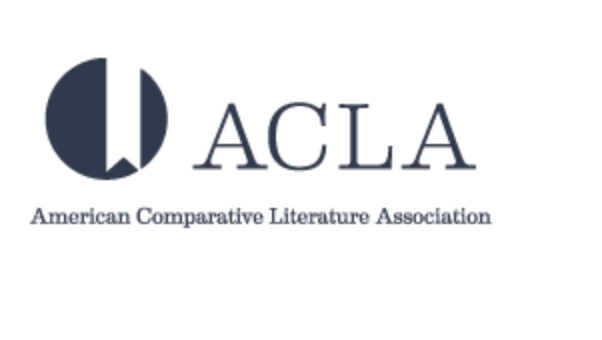
This seminar explores the concept of exophony— the choice of writing in a language other than those inherited through one’s background (whether by colonial history, family ties, or intimate relations)—as a practice of aesthetic, political, and epistemological dislocation. While often associated with translingualism or multilingualism, exophony demands its own theoretical framework: one that accounts for the affective, historical, and ethical stakes of writing from outside the languages inscribed in one’s personal or collective history.Moreover, the notion of « choice » is what sets exophony aside from similar, yet different, literary practices as exophonic writers do pick their new writing language.
Following the literary and theoretical works of Jhumpa Lahiri, Yoko Tawada, and other practitioners of intentional linguistic estrangement, this panel aims to define and complicate the notion of exophony through literary, philosophical, and translational lenses. In an era shaped by forced migration, cultural hybridization, and algorithmic mediation, what does it mean to choose to write—and to read—from outside?
We invite papers that engage with, but are not limited to, the following topics:
Defining Exophony: How can we conceptualize exophony as distinct from multilingualism and translingualism? What does it mean to write exophonically rather than simply in multiple languages?
The Ethics and Affects of Exophonic Writing: How does exophony intersect with questions of identity, trauma, nostalgia, or reinvention? What are the psychological and ethical implications of abandoning or resisting the “mother tongue”?
Exophony and Literary Form: Does writing in a non-native language influence narrative structure, syntax, or poetic rhythm? Can exophony be read formally, beyond authorial biography?
Exophony and Translation: How does exophonic writing challenge or reframe dominant models of translation? Is the exophonic writer always already self-translating—or resisting translation?
Exophony as Political Strategy: What are the ideological and geopolitical implications of linguistic choice? How does exophony function in postcolonial, diasporic, or decolonial contexts?
AI, Language, and the Posthuman Voice: How do AI-powered translation tools and generative language models reshape the terrain of exophonic writing? Can artificial intelligence be said to produce a form of exophony—a voice from outside the human?
Writing in Exile, Writing in Transit: How does exophony intersect with displacement, statelessness, and linguistic exile? What kinds of temporal or spatial liminality emerge in exophonic texts?
We welcome proposals (in English or French) from scholars working in comparative literature, translation studies, philosophy of language, digital humanities, and related fields.
The seminar aims to foster interdisciplinary and multilingual dialogue around the limits and possibilities of exophonic writing.